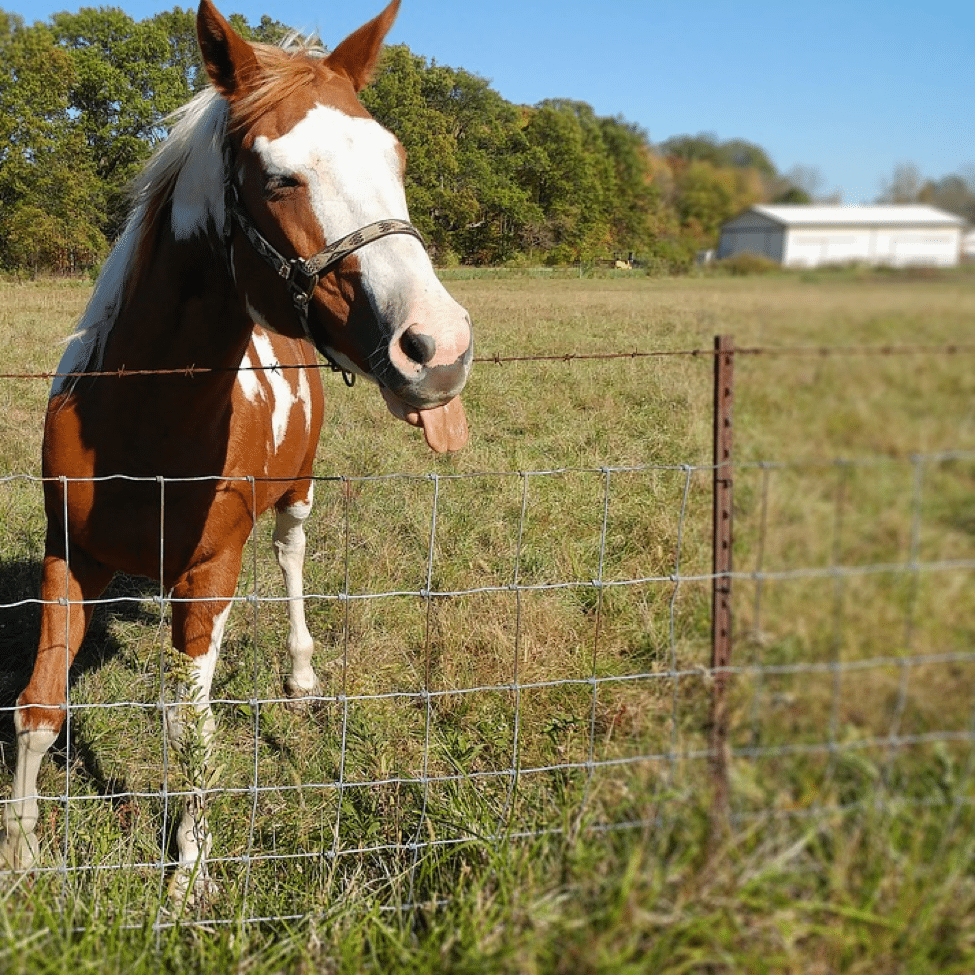
· By Shelia Morgan
Best Ways to Save on Horse Feed Bill
Horses always fill our hearts, but sometimes they can also drain our wallets. Of all the expenses you shell out each month, keeping your horse well fed may top the list. If your horse feed bill has you spread a little too thin, these tips about how to save on your horse feed bill may help keep you in the black.
1. Utilize Pasture Whenever Possible
Allowing your horse to access pasture as often as they can is a highly nutritious way to economize. This foraging for grass and wild plants can bridge some large nutritional gaps. You can even try pasture boarding that turns out horses for the duration of their stay. (This should also cut down on full-scale boarding costs.) Just make sure your equine are healthy enough to handle the outdoors, that they have a constant supply of fresh, clean water and can seek suitable shelter. In addition to high quality foraging, it’s important to supplement with a properly balanced feed, as many top-level feeds contain ingredients that help horses digest hay and forage more effectively.
2. Invest in a Grain Saving Feeder
Let’s face it. Horse feed does no one any good once it hit the ground. The messier your horse is when he or she eats, the more feed that’s being wasted. You can correct this preventable loss by upping the size of your feed pan– the wider the better. To slow their pace and encourage them to eat more diligently, try placing a few medium to large rocks in the trough. Together, these two should limit the amount of feed that gets dropped.
3. Be Strategic with Hay
Buying hay directly off the field is arguably the best way to get a lower price per bail. Farmers are typically keen on this option. It saves them the trouble moving it from the field and storing for a short time only to bring it back down once purchased. Of course, this makes you responsible for pickup and transport so make sure you have able bodies and a trailer or vehicle that can accommodate.
Some other ways to save on hay include:
- Buying in bulk (sometimes you can negotiate discounts or reduced delivery fees)
- Purchasing your hay early in the season
- Using a hay net to regulate waste
4. Use high quality horse feed instead of supplements
Trying to cut corners by purchasing low-quality feed can actually end up costing you more in the long run. That’s because when horses aren’t getting their nutritional needs met from feed alone, owners are forced to spend more for supplements to make up for what they’re not getting from feed alone. Plus the higher quality horse feed you buy, the less it will take for your team to feel full. This saves you money on both the feed itself and the supplements you’re using to support their nutritional health. Cut them out entirely and you can put all that would-be wasted money into buying better quality grains. Similarly, high quality hay is an important tool for horse owners and a valuable addition to high quality horse feed.
5. Store well and keep away from rodents
Store your high quality horse feed improperly and you may as well have thrown that money directly down the trough. Same goes for hay and other grains. Germ-infested rodents are particularly drawn to these hay buffets, but they’re not the only cause for concern. In addition to a rodent-proof grain bin, you’ll also want to make sure the container is well-ventilated and double check that it also protects against moisture. Finally, make sure you’re only buying enough feed to supply your horse from week to week. Together, these tips will help ensure you’re not spending extra to replace your supply once the batch goes bad, unexpectedly.
